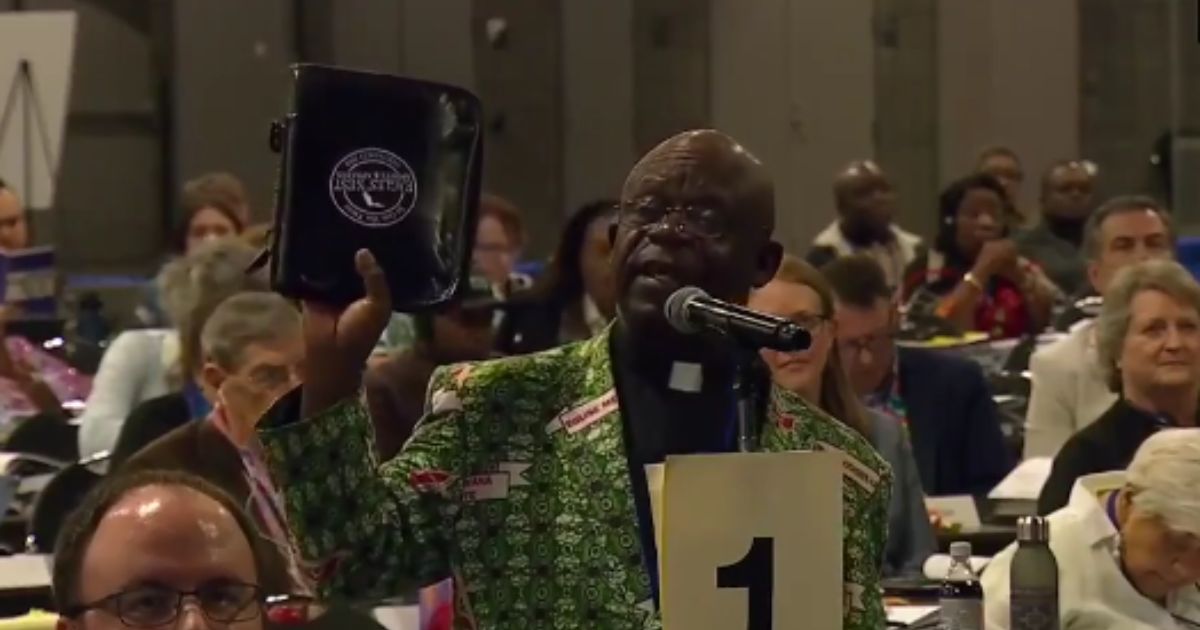Ranked-choice voting proponents in Wisconsin are deceiving voters to conceal the flaws of the system
Deceptive Messaging Surrounding Ranked-Choice Voting
Advocates for ranked-choice voting (RCV) are spreading misleading information about the system ahead of a Wisconsin Senate hearing. RCV, also known as “rigged-choice voting” by critics, allows voters to rank candidates in order of preference. If no candidate receives more than 50 percent of first-choice votes, the last-place finisher is eliminated, and their votes are redistributed to the voter’s second-choice candidate.
Under RCV, often dubbed “rigged-choice voting” by its critics, voters rank candidates in order of preference. If no candidate receives more than 50 percent of first-choice votes in the first round of voting, the last-place finisher is eliminated, and his votes are reallocated to the voter’s second-choice candidate.
A memo produced by Democracy Found, a Wisconsin-based RCV advocacy group, attempts to mislead voters and legislators about how a top-five ranked-choice voting system would work. This system, similar to Alaska’s top-four RCV elections, would create a jungle-style race where candidates from different parties compete in the same primary. The top five vote-getters would then advance to the general election, where RCV would be used to determine the winner.
Deceptive Tactics and Opposition
Democracy Found tries to downplay the connection between RCV and the top-five primary system, claiming that RCV is an umbrella term that can mean different things. However, their memo reveals that the top-five system they advocate for would implement an RCV system for Wisconsin’s general elections.
Proponents of RCV have been advised to focus on the concept of “fairness” to gain support for the system. However, opposition to RCV is strongest when arguments are made about the potential for California-style primaries, similar to the top-five system proposed by Democracy Found.
Amid the push for RCV in Wisconsin, election integrity organizations have issued a letter warning about the complexities and costs associated with a top-five RCV system. They argue that it would undermine the integrity of Wisconsin elections and disenfranchise voters.
Examples of RCV Controversies
During Alaska’s special election in 2022, nearly 15,000 votes were discarded, with a majority of them being from voters who only voted for one Republican candidate. Despite this, a Democrat won the seat. RCV also played a significant role in helping GOP Sen. Lisa Murkowski defeat a more conservative candidate.
In response to the push for RCV in Wisconsin, GOP state lawmakers have proposed a constitutional amendment to prohibit its use. If approved in two consecutive sessions, the amendment will be put to a vote by the public.
While ranked-choice voting aims to eliminate strategic voting, what challenges might voters face in understanding the strategic implications of ranking candidates, and how might this impact the effectiveness of the system
Und, a pro-RCV organization, highlights the alleged benefits of ranked-choice voting. According to the memo, RCV is said to promote majority support, incentivize more positive campaigns, eliminate strategic voting, and provide voters with more choices. However, these claims are misleading and fail to acknowledge the potential drawbacks and risks associated with RCV.
One of the main arguments made by advocates of RCV is that it promotes majority support. They claim that by redistributing votes from eliminated candidates to the voters’ second-choice candidate, RCV ensures that the ultimate winner has the support of a majority of voters. While this may be true to some extent, it overlooks the fact that the candidate who receives the most first-choice votes may not necessarily be the most preferred candidate overall. The system assumes that all voters have the same preferences for the remaining candidates, which is often not the case in reality.
Another assertion made by RCV proponents is that it incentivizes more positive and issue-based campaigns. They argue that candidates are encouraged to seek second and third-choice votes, which in turn promotes collaboration and discourages negative campaigning. However, this claim ignores the fact that candidates still have an incentive to focus on their core supporters and may prioritize securing first-choice votes. Furthermore, negative campaigning may still occur, albeit in more subtle ways, as candidates try to differentiate themselves from their opponents in the ranking process.
Advocates also argue that RCV eliminates strategic voting, as voters can express their true preferences without fear of wasting their vote or enabling their least preferred candidate to win. While this may seem appealing in theory, in practice, voters still face challenges in fully understanding the strategic implications of ranking candidates. Additionally, the system can be complex and confusing for voters, particularly those with limited political knowledge or engagement, potentially leading to unintentional strategic voting or even voter disenfranchisement.
Lastly, RCV supporters claim that the system provides voters with more choices by allowing them to rank candidates in order of preference. While this does give voters the opportunity to express their preferences more fully, it can also lead to an overwhelming number of options, making it challenging for voters to make informed decisions. Moreover, RCV can potentially disadvantage candidates who may be strong second or third choices but lack the necessary name recognition to secure first-choice votes.
It is crucial to critically evaluate the arguments presented by advocates of RCV and not be swayed by deceptive messaging. While the system may have some merits, it is essential to consider its potential drawbacks and the impact it can have on the democratic process. It is crucial to engage in informed discussions and debates surrounding the implementation of ranked-choice voting to ensure that our elections are fair, transparent, and truly representative of the will of the people.
" Conservative News Daily does not always share or support the views and opinions expressed here; they are just those of the writer."





